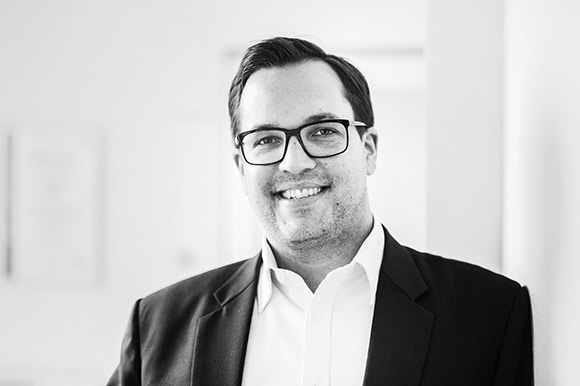MBA application
The Master of Business Administration – MBA – has become the magic word in the work and business world. Never before have so many people in Germany been interested in an MBA and the offers been as diverse. In particular, as the university system is being switched to the Anglo-Saxon concept of Bachelor and Master’s degrees. Approximately 300,000 students are currently enrolled in MBA programs worldwide.
MBA courses are usually offered as one- to two-year full-time degrees. The target groups are university graduates and young professionals who want to improve their job prospects through additional training. However, MBA programs are also offered as part-time or distance learning options. Executive MBA programs (EMBA), which are primarily offered as a work-study option, have the advantage that they allow further qualification without giving up your current position and the financial security.
MBA programs are proposed by business schools, and these are fundamentally different from German universities: No high school diploma, university or FH diploma automatically gives access to an MBA program. The business schools select candidates themselves from a large pool of candidates, in the end only a fraction of the candidates remain. Therefore, it is especially important for German MBA prospects to understand that applying to a business school means to be able to sell oneself properly.
The Master of Business Administration is often a costly investment for the future, especially for individuals who want to complete their education at one of the top business schools. The high tuition costs are initially daunting for many applicants; rent and food, insurance, study materials and travel need to be added. Especially in cities like London, Paris, New York or Tokyo livelihood is costly.
Funding the MBA often proves less problematic than originally assumed. As independent of the cost share, depending on the program type, the remuneration of the internship, the signing bonus after graduation, the potential tax refunds and possibly teaching as a teaching assistant (graduate assistant) can be deducted from the overall cost. Foundations and organizations grant loans and grants, e.g. the DAAD (German Academic Exchange Service), the Studienstiftung, the Rotary Club or the Fulbright Commission. These grants of up to EUR 25,000 are open to all prospective MBA candidates. Therefore, it is always worth applying. Universities can also grant partial scholarships and low-interest loans. Points of contact are the so-called Financial Aid Offices at universities. In many places there are also banks that provide loans for an MBA. The current employer can also be a donor. Numerous international companies take on the role of a sponsor when the employee agrees to work for them for a certain amount of time in return for the funding of the MBA. This form of support is generally received by applicants for part-time or Executive MBA programs. Your salary after your MBA should be able to pay for any accumulated debt quickly. Starting salaries for MBA degrees are usually significantly higher than the salary in the old job.
Especially, for full-time programs, it is common to work and learn between 90 and 100 hours a week in the first few semesters. Dealing with the heavy workload, is not always easy. But this experience contributes to your personal and professional development. Many MBA students would never want to miss out on the experience of working with dedicated people from different cultures. In particular networking during and after the MBA plays an increasingly important role.
A typical career for MBA graduates does not exist. After studying one-third go into industry, two-thirds into investment banking or consulting and a small proportion become self-employed. The MBA is a chance to change your previous profession and embark on a new path.


